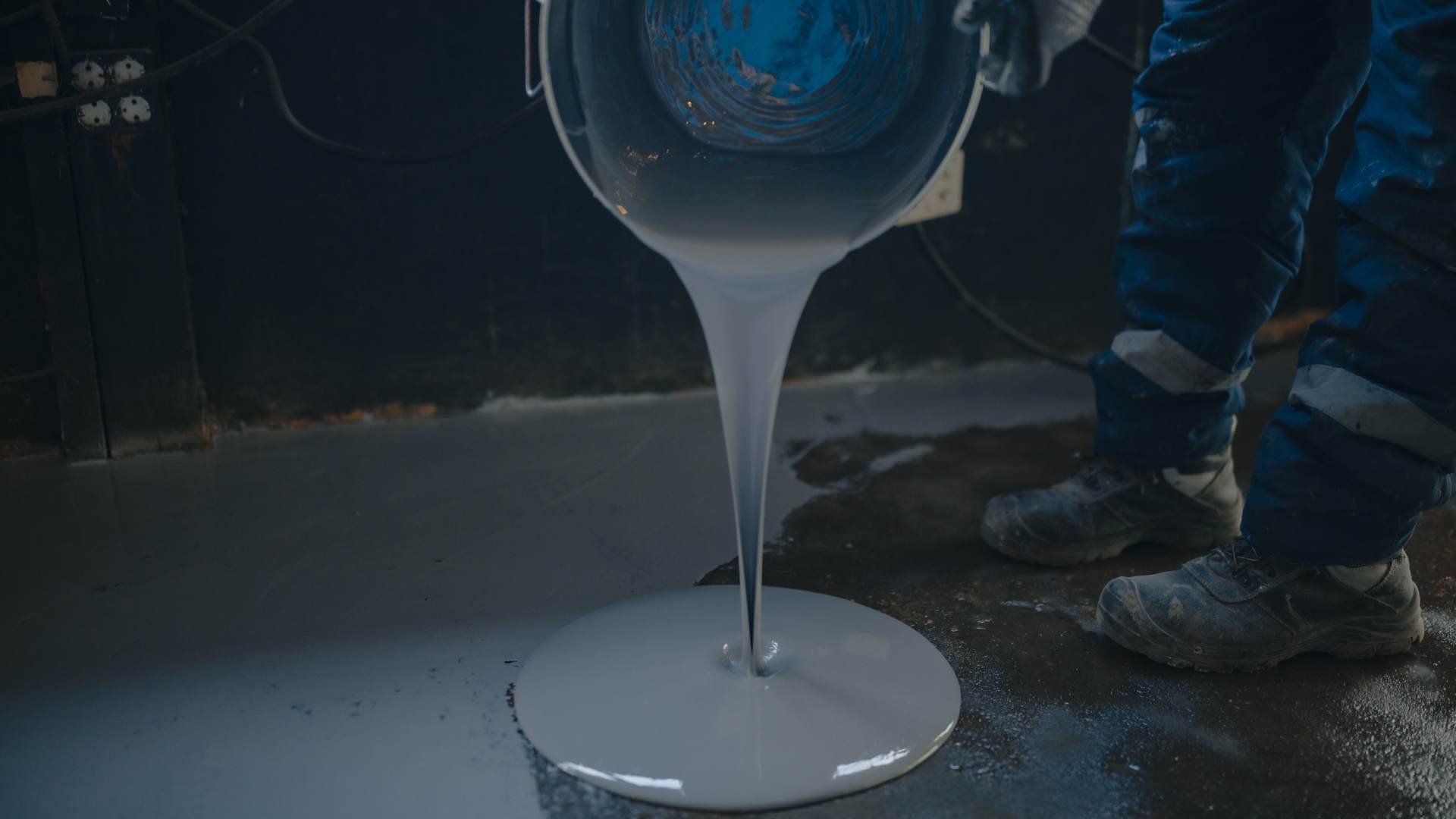
Table of Contents
When considering flooring for your space, epoxy flooring stands out for its durability and versatility. It’s a smart choice for homeowners and businesses alike thanks to its impressive lifespan and adaptability to different environments. Epoxy floors can last anywhere from 10 to 25 years, depending on factors such as installation quality, maintenance, and the amount of foot traffic they endure.
For those with high-traffic areas or demanding flooring needs, epoxy can still offer considerable longevity. Even in challenging conditions, the durability of epoxy helps it remain a reliable flooring solution. The key to maximizing its lifespan lies in proper installation and regular care.
If you’re considering epoxy flooring, understanding these factors will be essential to ensuring it meets your expectations. By paying attention to the quality of materials and installation, you can enjoy a beautiful and long-lasting floor that withstands the test of time.
Understanding the Durability and Life Span of Epoxy Floors
Epoxy flooring is recognized for its robust durability and long-lasting nature, making it suitable for various environments. Its potential longevity and the need for proper maintenance are essential considerations when choosing this flooring solution.
Factors Affecting Epoxy Flooring Longevity
Several factors influence how long your epoxy flooring will last. One critical factor is surface preparation. A well-prepared surface ensures better adhesion and durability, reducing the risk of peeling or cracking. The environment plays a role too; epoxy in high-traffic areas like commercial spaces or warehouses may face more wear and tear compared to residential use.
Materials also affect longevity. Choosing a urethane topcoat can enhance resistance to scratches and stains, extending the lifespan. Proper installation is pivotal; poor techniques can significantly shorten the floor’s life. Additionally, in environments with heavy foot traffic or where chemicals are used, the flooring’s resistance is tested more frequently.
Maintaining Your Epoxy Flooring to Maximize Life Span
Maintaining your epoxy flooring is key to maximizing its life span. Implementing a consistent maintenance routine is crucial. Regular sweeping and mopping help keep the surface free of dirt and debris, which can wear the finish. Using mild cleaners ensures the floor’s integrity without causing damage.
Placing protective mats in areas under heavy use can prevent scratches and dents. It’s important to periodically inspect the floor for damage and address any issues swiftly to prevent them from worsening. With attentive proper care, your epoxy floor can last up to 20 to 25 years, withstanding the challenges of environments like garages and high-traffic commercial spaces.
Identifying and Handling Wear and Tear
Epoxy flooring is renowned for its longevity and durability, but recognizing early signs of wear and tear is crucial for maintenance. Addressing visible damage promptly can significantly extend the life of your floor.
Recognizing Signs of Epoxy Floor Aging
Epoxy floors may exhibit signs of aging, which include discoloration, scratches, and scuffs. Discoloration often occurs due to exposure to sunlight or chemical spills, altering the floor’s original color. Scratches and scuffs, resulting from heavy foot traffic or moving furniture, can become more prominent over time.
Another indication is the loss of gloss, which diminishes the shiny appearance that epoxy floors are known for. To maintain the visual appeal, regularly inspect your flooring and clean spills immediately using appropriate cleaning agents.
Increasing Resilience Against Chemicals and Scratches
To enhance the chemical resistance and scratch resilience of epoxy floors, consider applying additional protective coatings. These can act as barriers against corrosive substances and physical damage while maintaining the floor’s appearance.
It’s advisable to use mats or rugs in areas prone to chemical spills or heavy usage. Ensure that furniture has protective pads to minimize scratches. Regularly cleaning and using non-corrosive detergents can also prevent chemical degradation.
When to Seek a Professional Epoxy Floor Installer
There are times when professional intervention becomes necessary. If you notice severe structural damage, persistent discoloration, or have concerns about the floor’s longevity, seeking a professional epoxy installer is wise. Professionals are trained to handle intricate repairs and can restore your floor to its original state.
Installing additional protective layers and performing thorough inspections are tasks best suited to experienced installers. They possess the tools and expertise to address complex issues, ensuring your flooring remains a reliable solution for years to come.


